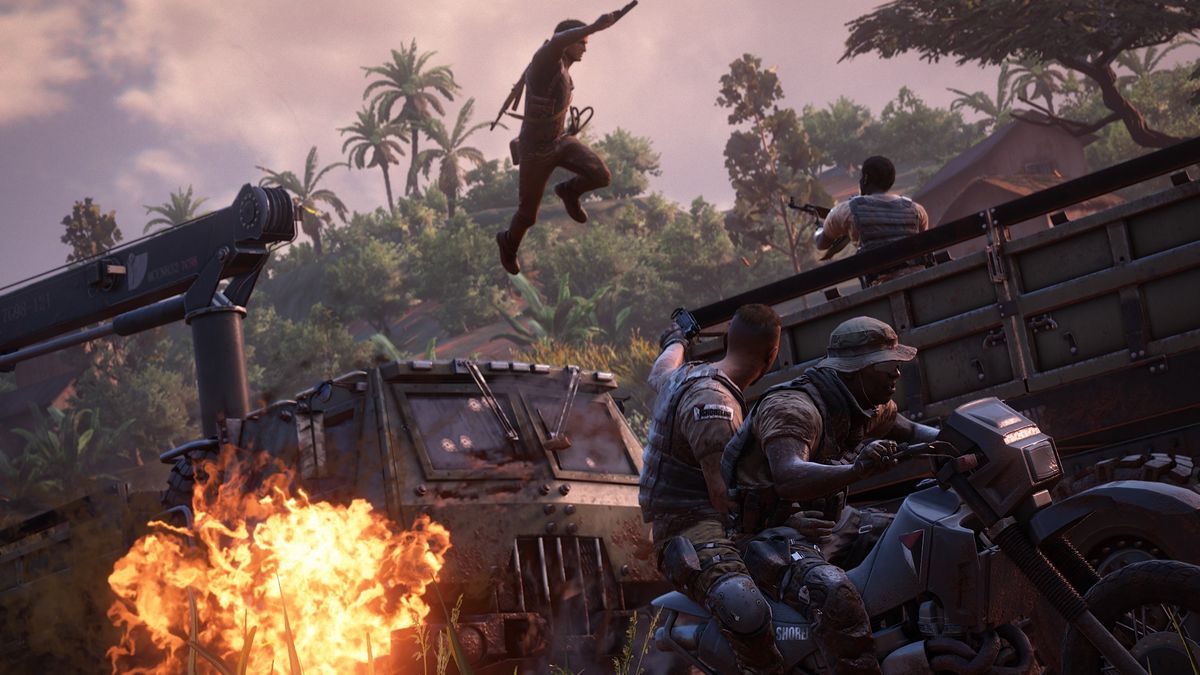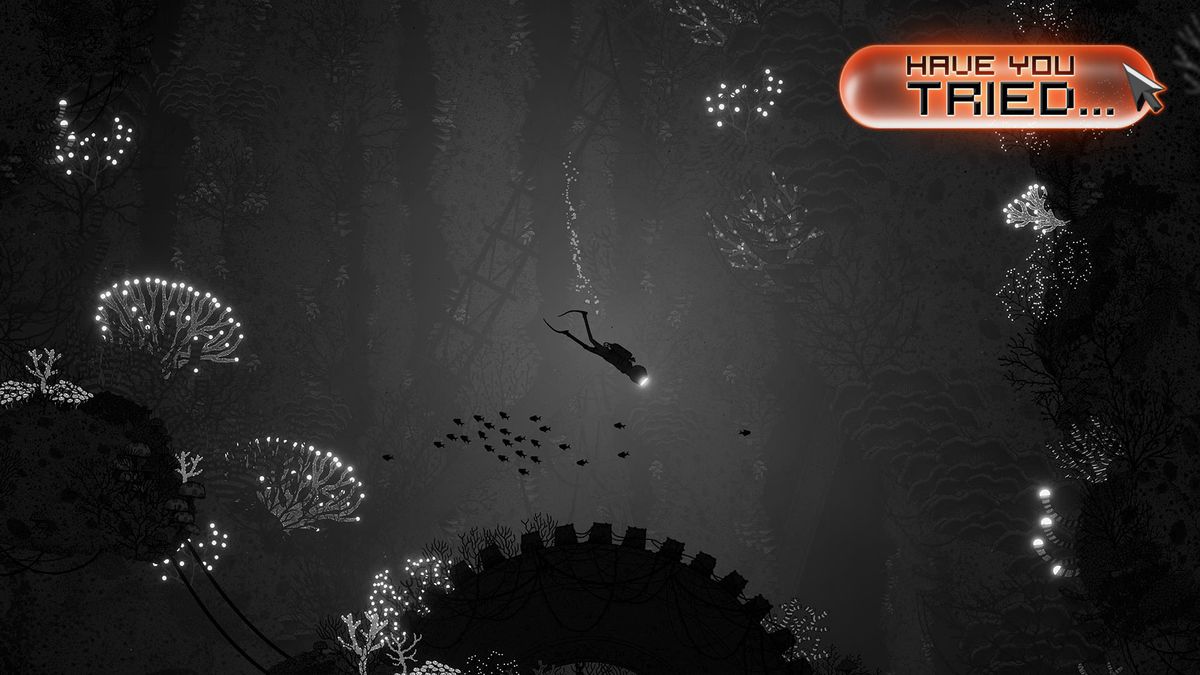Real violence hurts and has consequences, so winners don’t do punch-ups. Yet in even the weediest noob some ancient brain-part still finds fights exciting. Which is why videogames have, over the years, provided us with countless fantasy worlds revolving around a man punching another man. Few are as divine as God Hand (opens in new tab). Developed by Capcom’s legendary Clover Studio, behind classics as varied as Okami and Viewtiful Joe, God Hand aimed to bring the 2D brawler into the 3D era. Specifically, the feeling of fist-fighting (and slapping) rather than weapons – God Hand’s system is built for one-on-one fights – and with a dose of ’80s classics such as Double Dragon and Final Fight.

The combat system remains peerless because it enables you to map and rearrange any combo to one button, and add a few other moves to the others. Main man Gene’s offensive style is (after a few levels) entirely your construction and, when you don’t have to worry about executing the moves, fights become more about timing and keeping cool, rather than hammering a memorised button pattern.
Fighting games are known for complex control schemes, but God Hand makes the execution much easier so it can ramp up the ferocity of the opposition. All of the game’s enemy types are capable of downing Gene, but dodging their hooks and kicks is sheer elegance: head weaves, sidesteps and backflips all mapped to flicks of the right stick. Master the bobbing and weaving rhythm and, as the thugs begin to fume at Gene’s quicksilver moves, it feels nearly as good as KO-ing them.

The most revealing fact about God Hand’s control scheme, though, is that it dedicates L2 to taunting enemies. Gene’s jibes are sublime, but they also enrage opponents and increase the difficulty – God Hand’s most special idea. As you fight without being hit, a dial in the bottom right of the screen rises. If Gene’s taking a kicking, it decreases. It starts at level one, but come levels two, three, and ‘DIE’ (exactly what it sounds like) enemy skill and aggression increase significantly.
This all adds up to a game that kicks your arse. But… God Hand feels good. Like, “Wow, that game really kicked my arse.” Then you get better. Suddenly Gene moves with more style and sway. He gets hit less and lands more. Next thing you’re striding up to a huge boss, zen-like about the fact you’ll win. Said bosses often punch such thoughts away, but that’s beside the point. Giant apes, midget Power Rangers, fat Elvis, a Transformer, a guitar hero, a karate-kicking dominatrix – anything and everything goes. You can even take people down by aggressively spanking their bottoms. As the game reaches its climax Gene battles hell’s mightiest demons and soon enough his nemesis, Devil Hand. Even now the brutal, flowing fights have rarely been surpassed.
God Hand offers players a complex system that’s easy to control, but has a huge skill ceiling. It creates a style of fighting that no other genre piece has matched – if it wasn’t so cartoony, you could call it brutal. Every KO feels earned, because they all have to be. The flipside of this depth and difficulty is that God Hand alienated new players. In an industry often defined by artistic compromise, how refreshing that, just once, Capcom didn’t care.

(opens in new tab)
Something was in the air. On 10 Oct 2006, God Hand was released at the budget price of $30 to an apathetic North American public. Two days later, after a meeting of Capcom’s board of directors, Clover Studio was dissolved, with most of its members leaving to form Platinum Games. With that God Hand became the last hurrah for Capcom’s golden generation of devs. They went out fighting the good fight.
Click here (opens in new tab) for more excellent Official PlayStation Magazine articles. Or maybe you want to take advantage of some great offers on magazine subscriptions? You can find them here (opens in new tab).
 Game News Video Games Reviews & News
Game News Video Games Reviews & News


